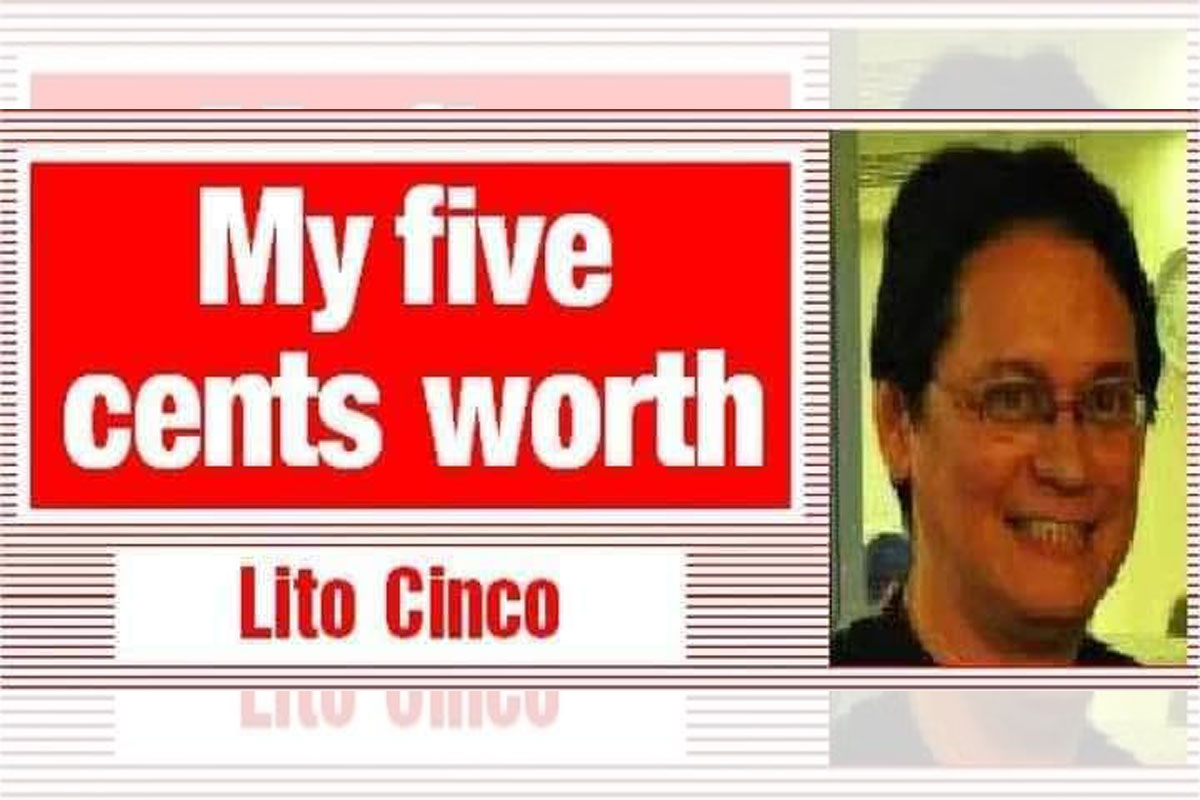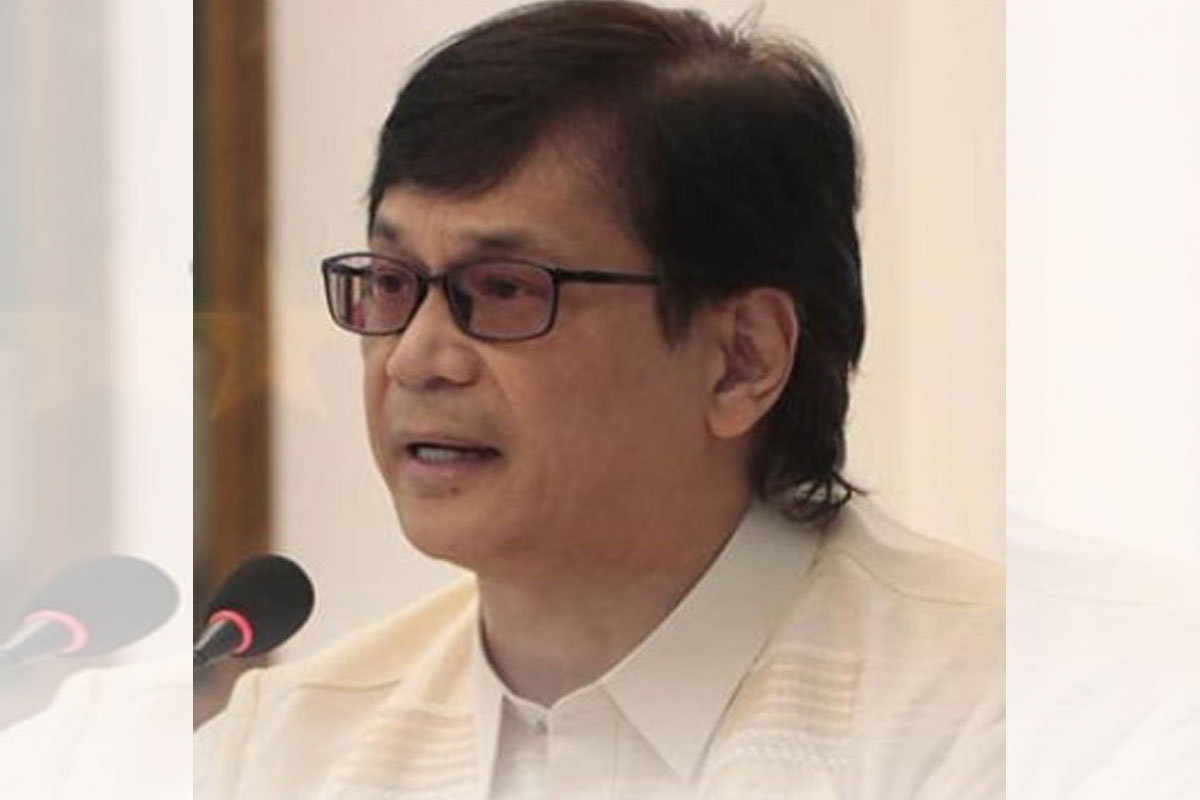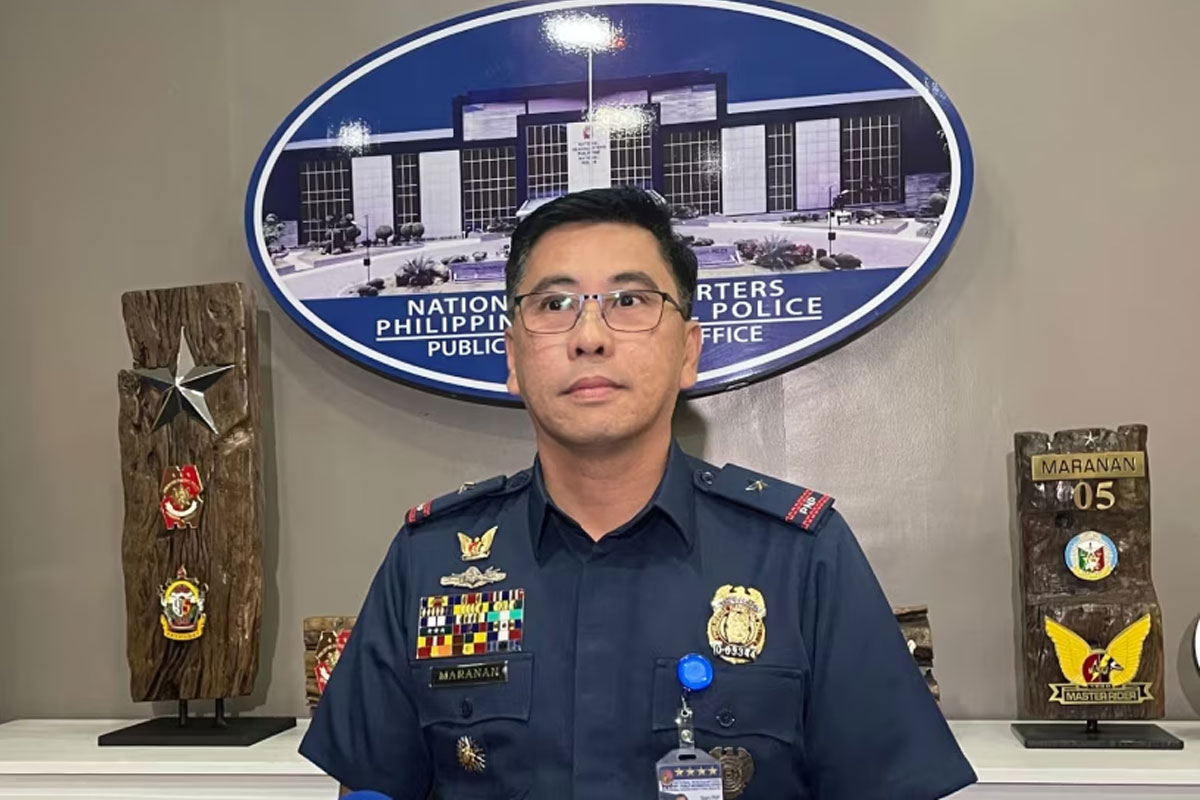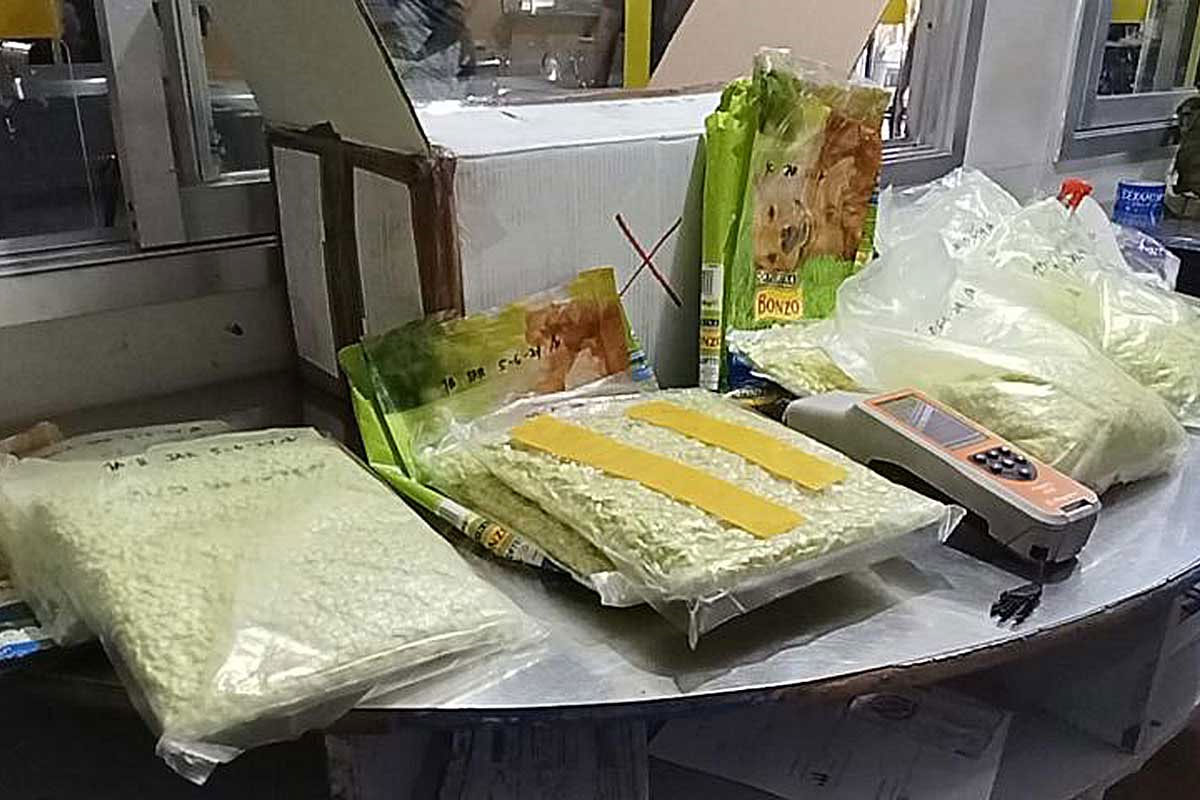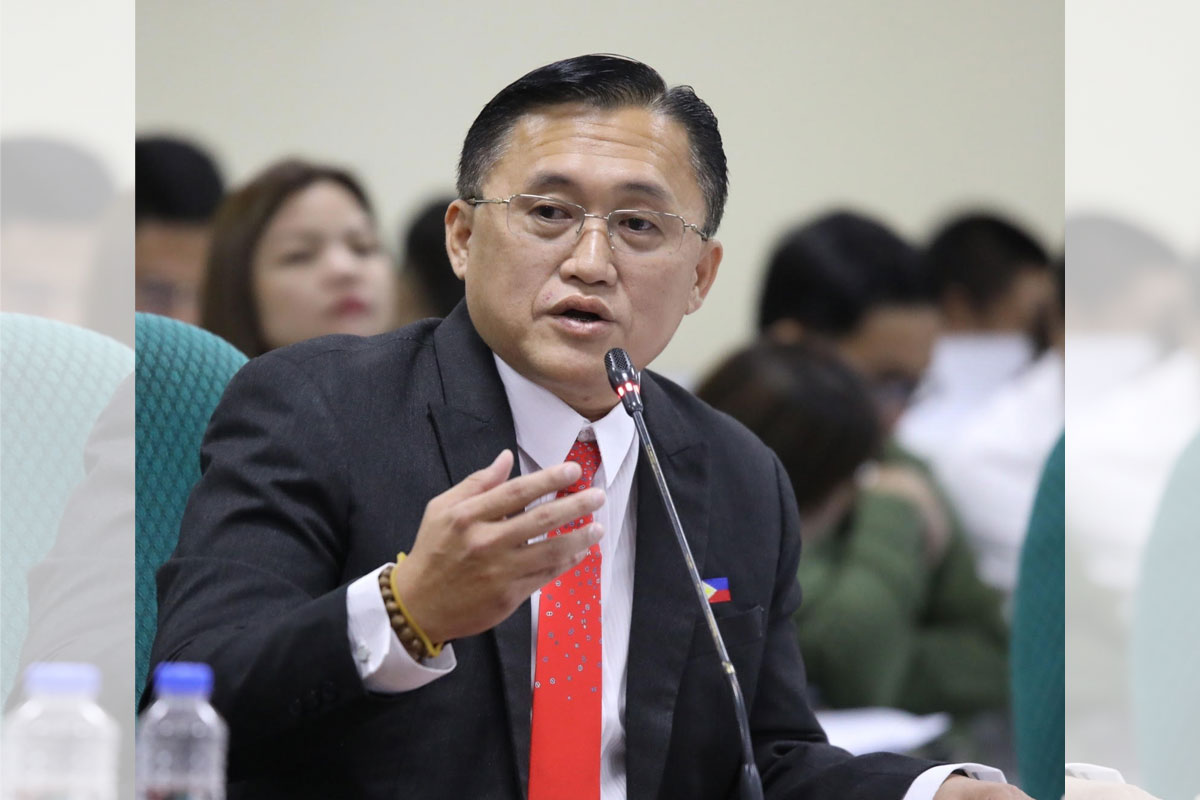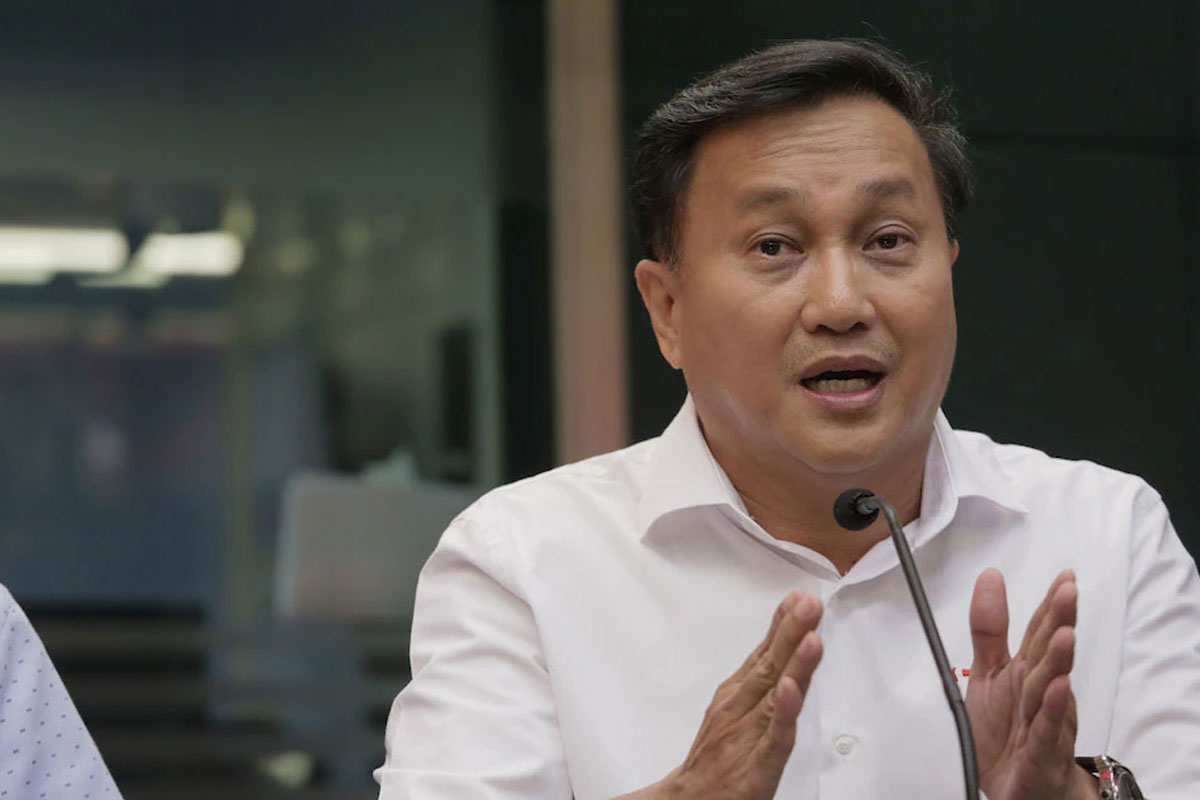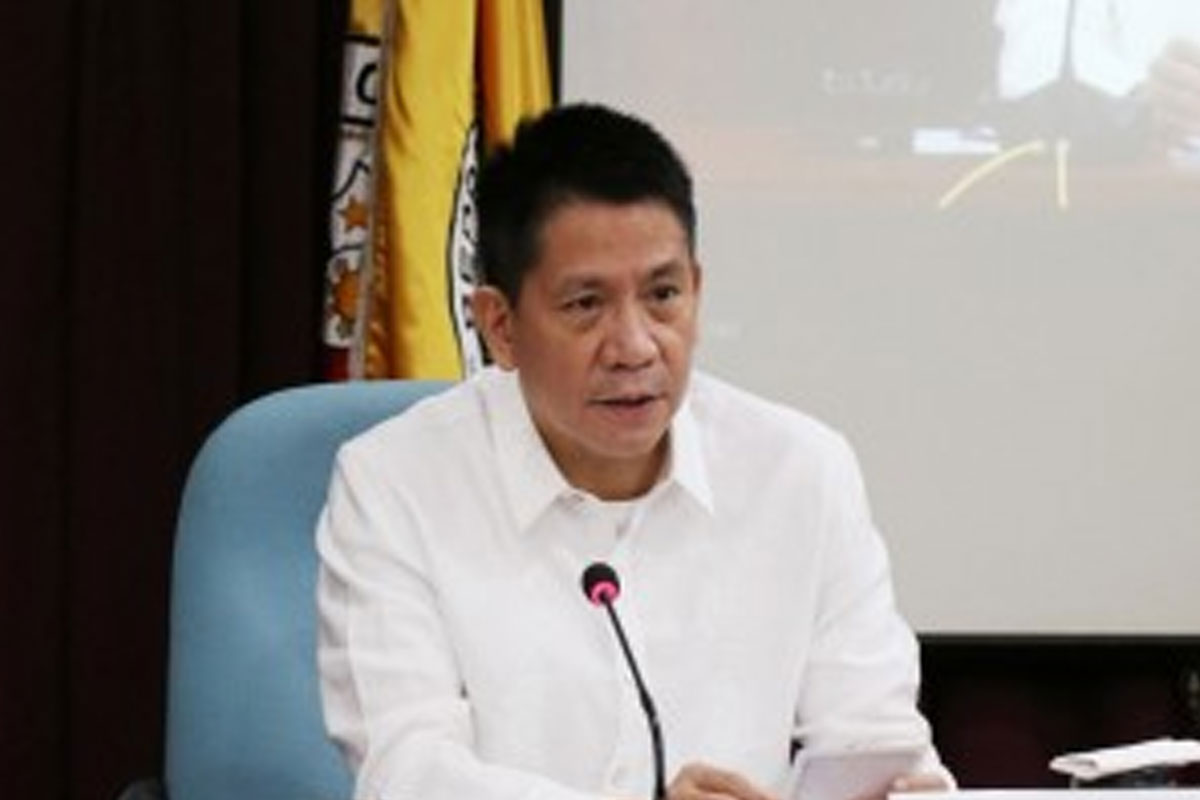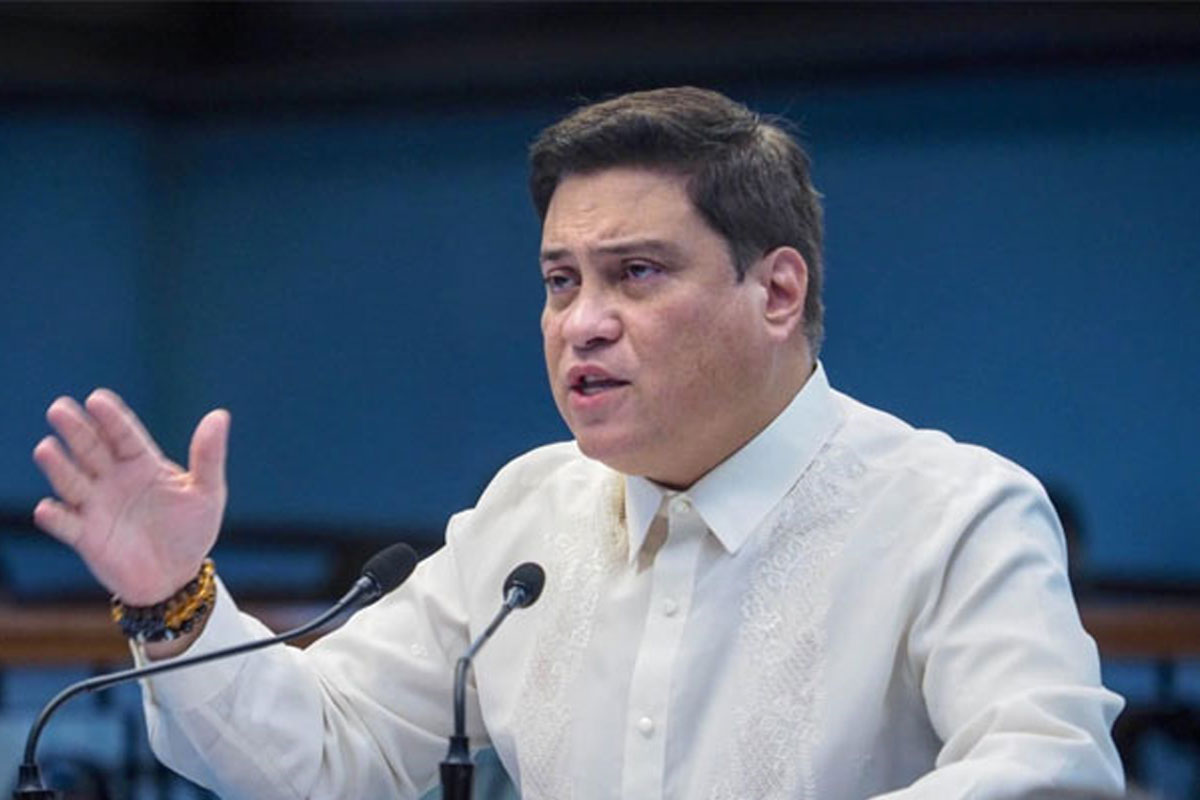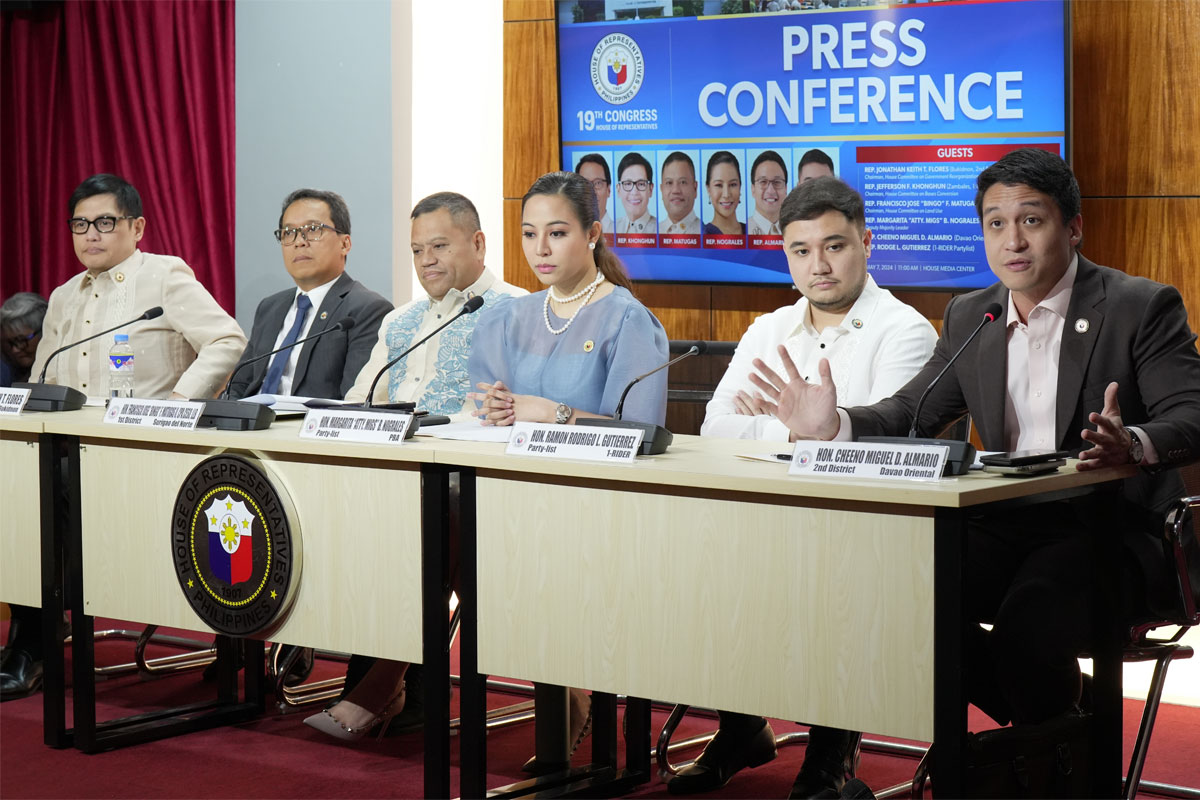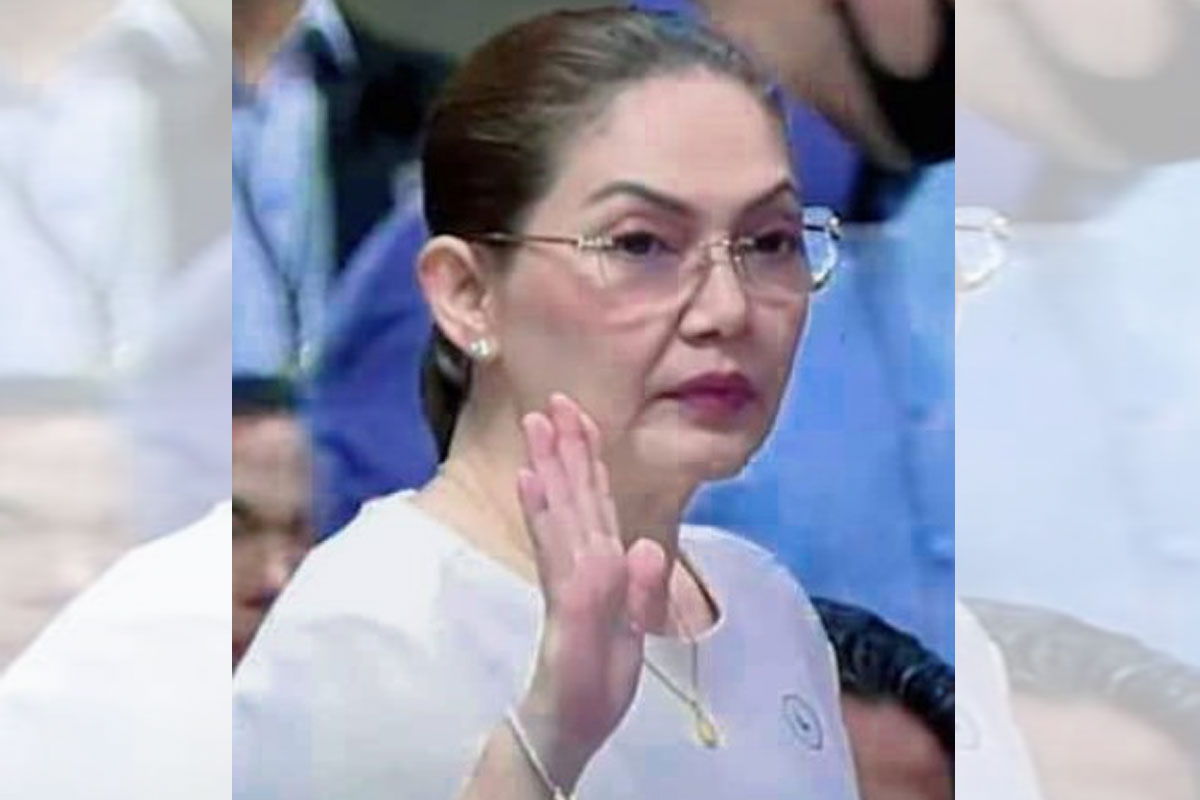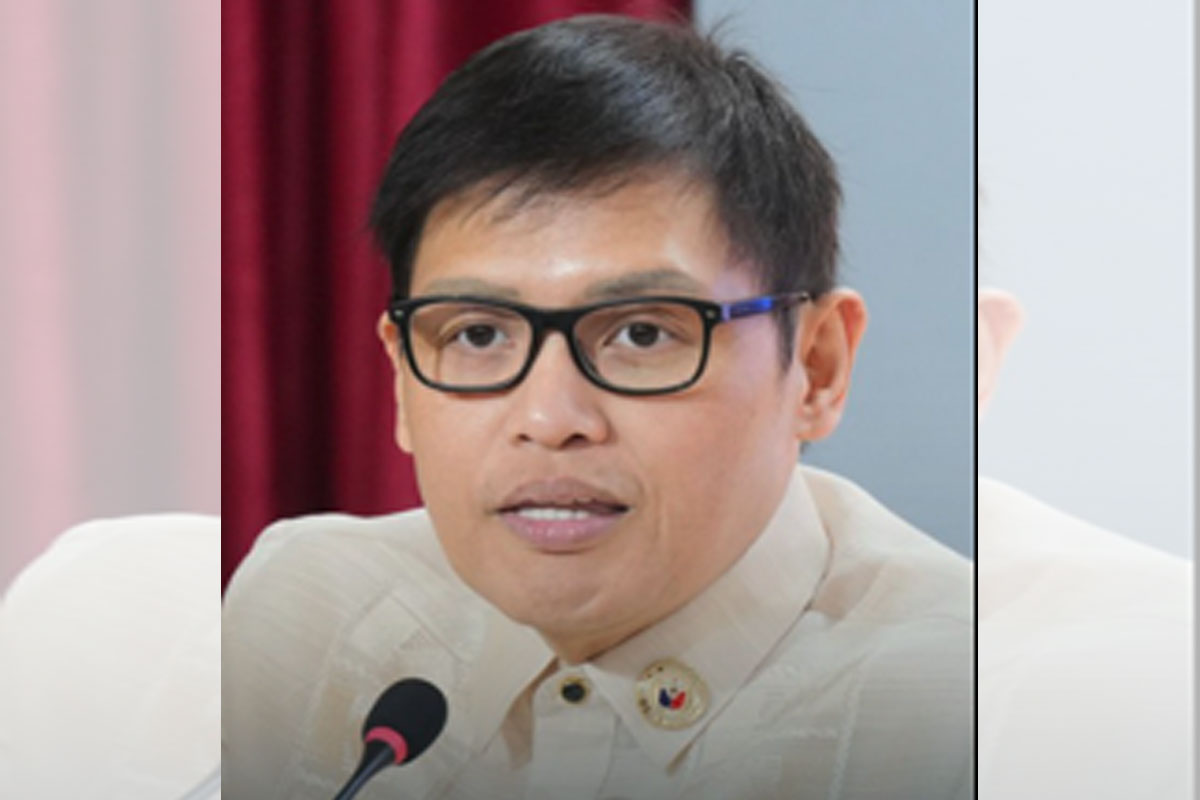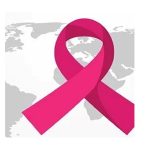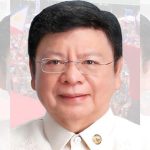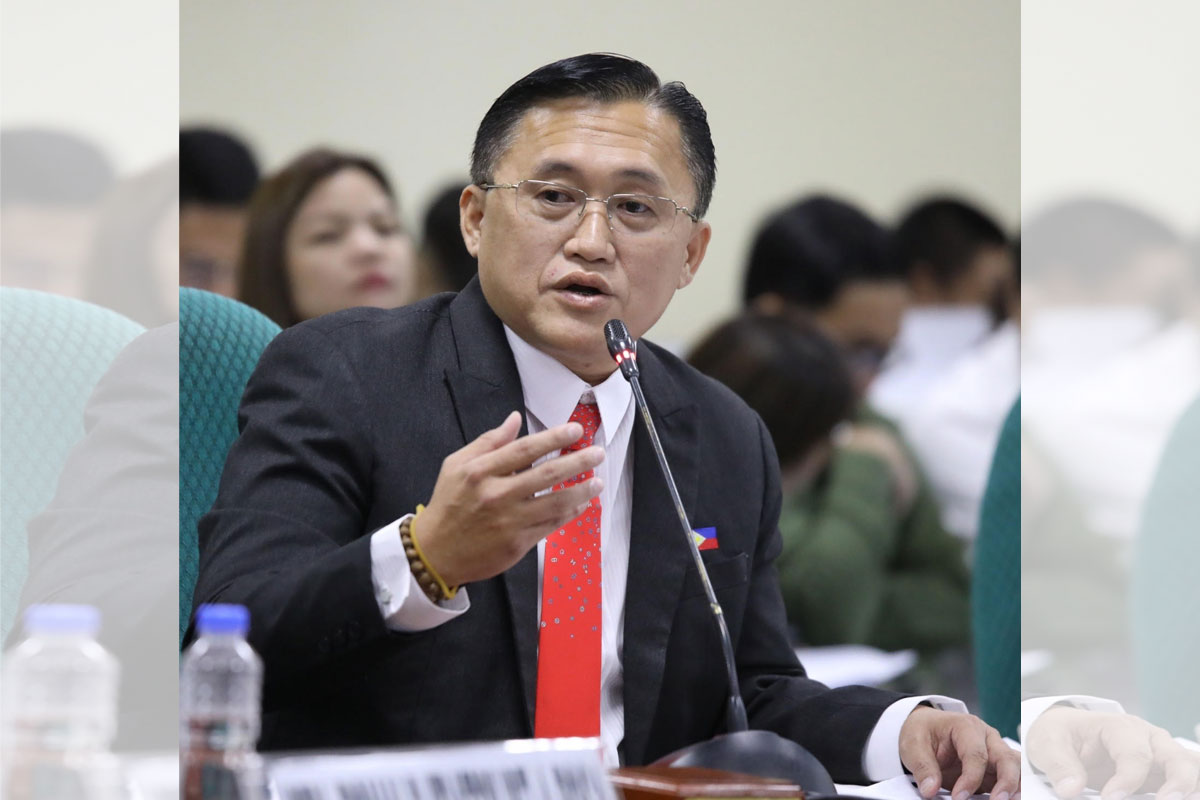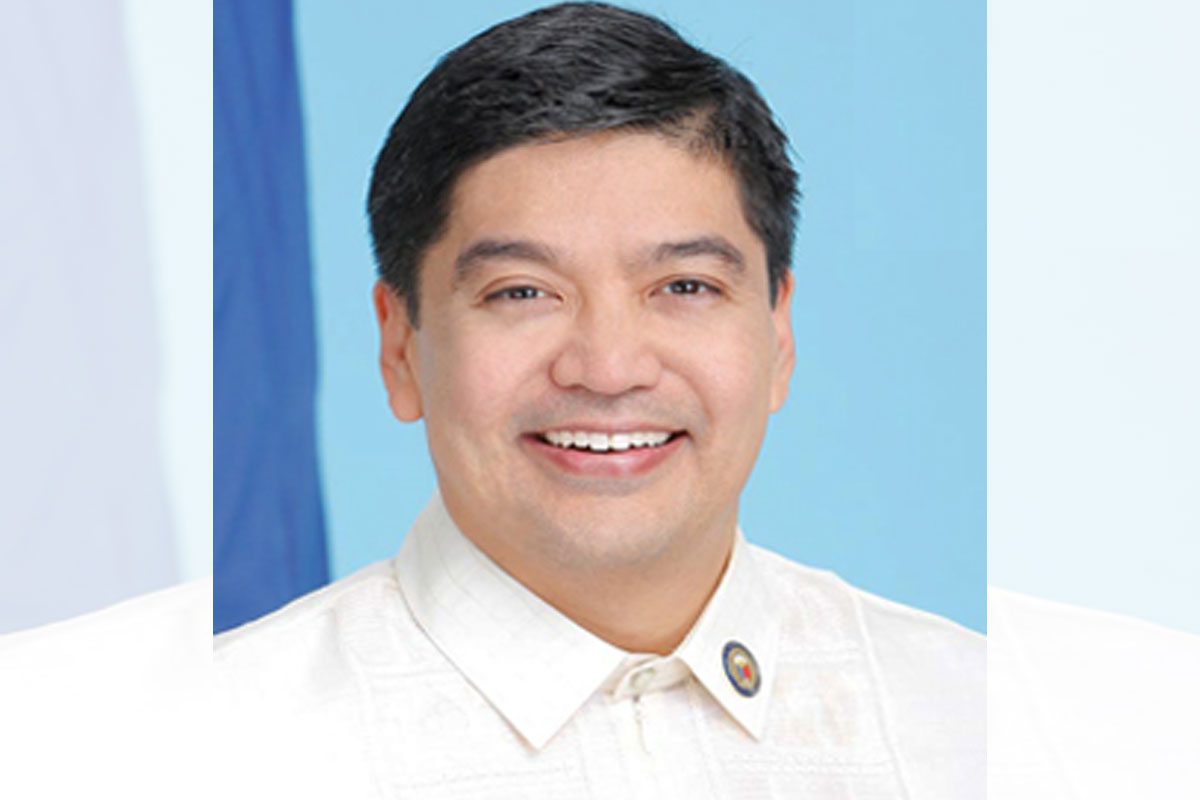
Villafuerte: Proposed MCO in substitute bill passed by 2 House panels
To accredit docs who can prescribe medical cannabis to qualified patients
TWO House committees jointly looking into the proposed legalization of medical cannabis have approved in principle a substitute bill creating a Medical Cannabis Office (MCO) to accredit, in coordination with the Dangerous Drugs Board (DDB), qualified doctors who shall be authorized to prescribe cannabidoil (CBD) as an alternative treatment for certain patients, as what is now practiced in over 60 countries worldwide, according to Camarines Sur Rep. LRay Villafuerte.
Villafuerte, who is president of the National Unity Party (NUP), said “the proposed MCO, to be under DOH (Department of Health) supervision and control, shall be tasked likewise to accredit drugstores, hospitals, clinics and dispensaries allowed to sell drugs containing CBD, which is the non-addictive strain of the marijuana plant, which, under the proposed substitute bill will remain on the DDB’s list of dangerous drugs.
Although the DOH-attached Food and Drug Administration (FDA) now issues compassionate special permits (CSPs) allowing qualified patients to use imported CBD drugs, Villafuerte said at the joint hearing that a new law authorizing the medical use of this alternative drug is still necessary because the FDA system for applying for CSP permits and importing drugs containing CBD is “so tedious, hard and expensive” that only one permit has been issued thus far by this agency.
Villafuerte is one of the lead authors of the consolidated substitute bill that was approved in principle by the House committees on dangerous drugs and on health in their joint hearing last week on the proposed legalization of medical cannabis.
He pointed out that only the use of the non-addictive CBD from marijuana (cannabis sativa) for medical purposes is being decriminalized under the still unnumbered House bill (HB), as marijuana or “Indian hemp” shall remain on the list of dangerous or illegal drugs under Republic Act (RA) 9165 or the “Comprehensive Dangerous Drugs Act” of 2002.
“There is a question and ambiguity, as CBD is not legal per se. That’s why we want to pass a law,” he said. Although the UN (United Nations) has already reclassified cannabis and resins under an international listing that recognizes their medical value, it’s still on a case-to-case basis per country. And in this case, if you are caught in possession of CBD, you will be penalized.”
“For example, if you come from abroad and you bring in medical cannabis only in topical form, you will be arrested and penalized under the Comprehensive Dangerous Drugs Act, so it’s illegal,” he said.
Villafuerte said during the joint hearing that, “We are correcting this because even if the FDA is now authorized to issue special permits (CSPs) for patients to use CBD drugs as an alternative treatment, I asked them (FDA) during the last joint hearing how many permits they have issued, and they replied that only one CSP application has been approved over the years. This, I believe, is because the process is apparently so tedious, hard and expensive.”
Barbers agreed with Villafuerte on the need for new legislation legalizing medical cannabis, saying that, “I agree with Cong. LRay (Villafuerte); I think we just need to make it clear that we need to legalize it for the greater use of medical marijuana.”
Villafuerte noted that, “CBD is different from THC (tetrahydrocannabinol), which is the psychoactive property of marijuana that produces a ‘high’ or buzz for users when smoked or mixed with certain foodstuff.”
The dangerous drugs and health panels are chaired, respectively, by Surigao del Norte Rep. Robert Ace Barbers and Batanes Rep. Ciriaco Gato Jr.
Batangas Rep. Gerville Luistro and Malasakit@Bayanihan Rep. Anthony Rolando Golez Jr., meanwhile, jointly chair the Technical Working Group (TWG) that was created last year to consolidate 10 measures, including Villafuerte’s HB 4208, into the unnumbered substitute bill approved in principle by the two panels last Feb. 7.
As proposed by Villafuerte during the joint hearing, both panels approved the substitute bill’s definition of patients qualified for using CBD drugs as those persons who, in the evaluation of their accredited physicians, should receive medical cannabis as treatment.
Villafuerte said that in the UN declaration, it was stated that cannabis derived for medical purposes has no potential to be abused or cause dependency.
“CBD, which is the main ingredient in medical cannabis, is not addictive. There are over 60 countries already where CBD is legalized, and I have not heard from any of those countries reporting an addiction to CBD. I think we have to streamline the process of allowing qualified patients to avail of medical cannabis, to make it more accessible to them.”
RA 9165 lists marijuana or “Indian hemp” as an illegal drug whose possession or sale is subject to criminal prosecution.
During the House joint hearing on the proposed legalization of medical cannabis last August 1, 2023, Villafuerte asked Director Jesusa Joyce Cirunay of the FDA Center for Drug Regulation and Research on how many CSPs have been issued by the agency, and Cirunay replied: “We have only one CSP.”
Villafuerte said: “Kasi napaka hirap talaga pong mag apply, ngayon pag nag apply ka na and granted naman, mas mahirap humingi ng import permit at ang pinaka mahirap pagkatapos ka ng ilang buwan na maka kuha ka na ng CSP at magkaroon ng import permit, mas mahirap po sa pasyente mag raise ng pera, bumili kasi mahal.”
During the Commission on Appointments (CA) hearing last September 26, 2023 on his posting as DOH chief, Secretary Teodoro Herbosa revealed that he supported the legalization of the medical use of CBD.
“We are in favor of the legalization of medical use of marijuana and its products, your honor,” Herbosa said.
This prompted Villafuerte, who is CA majority leader, to say at that session of the bicameal appointments panel: “Thank you for saying that. I’m very happy because I strongly advocate this. Over 60 countries all over the world have already legalized medical cannabis. And I don’t know why the Philippines is delaying this. What do the 60 countries know that we don’t? The only news that I have read from these countries is that (medical cannabis) is very beneficial, and, secondly, their revenues have increased (from its medical use).”
“Wala pong namatay sa overdose or an increase in crimes,” Villafuerte said. “So I am very happy to hear that is your (Herbosa) stand because during past congressional discussions on the legalization of medical cannabis, DOH representatives strongly opposed the legalization of medical cannabis.”
The CA majority leader said that while Herbosa is now saying that he was in favor of cannabis’ medical use, “Ang sinasabi po nila (other DOH officials) ay hindi na pala kailangan i-legalize dahil meron na raw … na allow na ang use ng medical cannabis through a CSP. Is that correct?”
Herbosa replied, “That is correct, your honor, there is a compassionate use permit given by the FDA, pero ito po ay napakahirap, kasi ire-request pa ng isang doktor sa FDA yung paperwork bago ma-import ‘yung medical cannabis.”
Villafuerte informed Herbosa and the CA that the United States FDA has already approved medicines that contain cannabis, such as Epidiolex, Sativex, Sinemet and Marinol. “So right now there are hundreds of patents being applied regarding this, with the top pharmaceutical companies applying for patents for cannabis. They probably know something we don’t.”
“I am thus appealing to the DOH to study this, and, if you support it, push for it,” Villafuerte told Herbosa. “Yun lang po request namin kasi sayang po while other countries such as Thailand are reaping the benefits of medical cannabis and the higher revenues, tayo po ay parang babagal-bagal … at sana huwag na po tayo maiwanan.”
“And you mentioned in this hearing that you’re in favor. I hope that this is not just a personal opinion. I hope this is the policy of the DOH because some members of the DOH family, when they were invited to the Congress to discuss the legalization of cannabis, were strongly opposing it.”
“Yes your honor … We will pursue this,” replied Herbosa.
Villafuerte’s earlier legislative proposals on legalizing the local use of medical cannabis was passed on third and final reading by the House in the 17th Congress, and was approved at the House committee’s TWG level in the 18th Congress.
In the current 19th Congress, Villafuerte refiled his bill with fellow CamSur Reps. Miguel Luis Villafuerte and Tsuyoshi Anthony Horibata along with the Bicol Saro partylist.
He pointed out that other countries with zero tolerance for drug trafficking like China, Thailand and Singapore are either already producing medical cannabis or considering the legalization of the drug for medicinal purposes.
Thailand’s military government had unanimously approved medical marijuana use, despite the country’s strict narcotics laws, which imposes the death penalty on drug users, he said.
He noted that this plant was already being used in Asia 6,000 years ago as an ingredient for food or medicine, and that it was the US government that had criminalized marijuana, and yet it was also the first one in the whole world to eventually decriminalize it.
The World Health Organization (WHO) has published a report confirming that CBD “exhibits no effects indicative of any abuse or dependence potential …. there is no evidence of public health-related problems associated with the use of pure CBD.”
Villafuerte said that Israel, considered as the cannabis research capital of the world, is now effectively using medical cannabis to treat cancer, epilepsy, Parkinson’s disease and many other serious health conditions.


